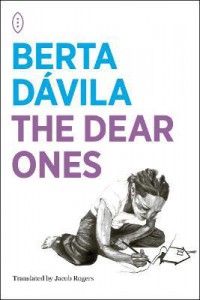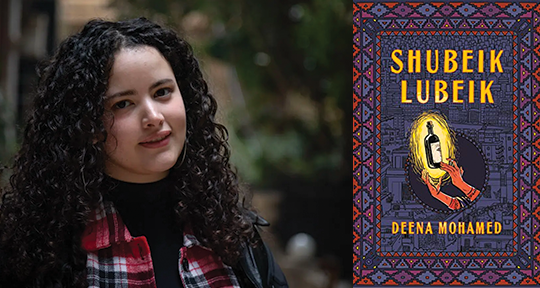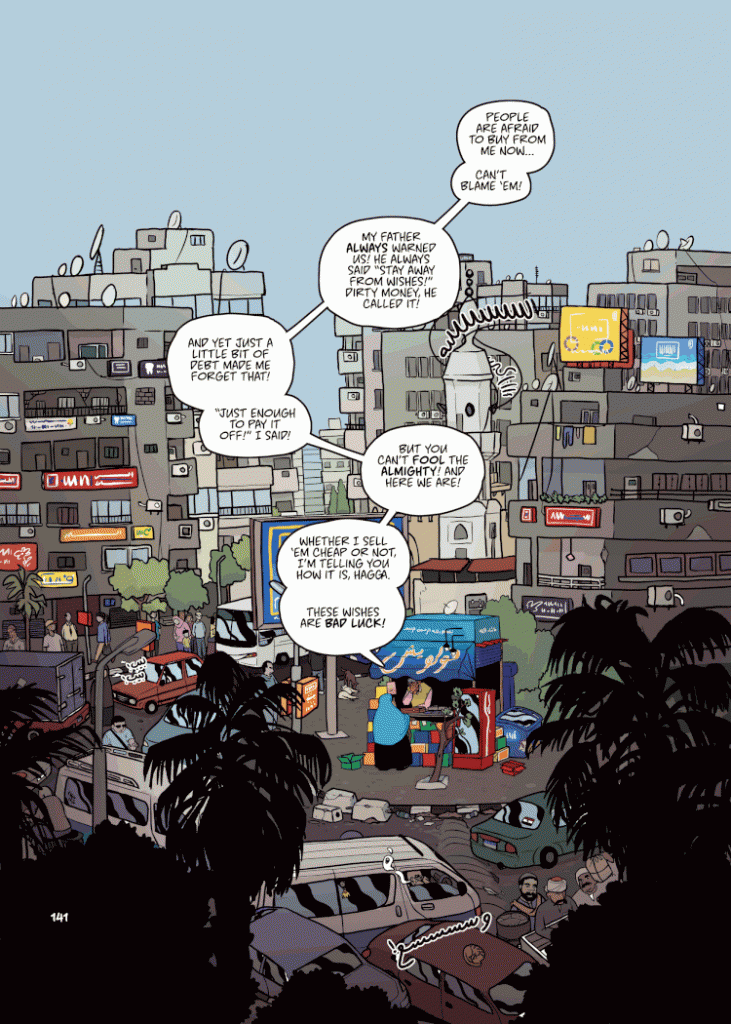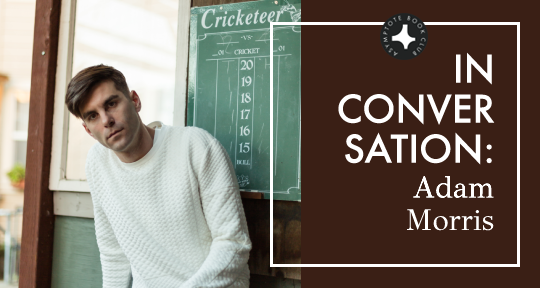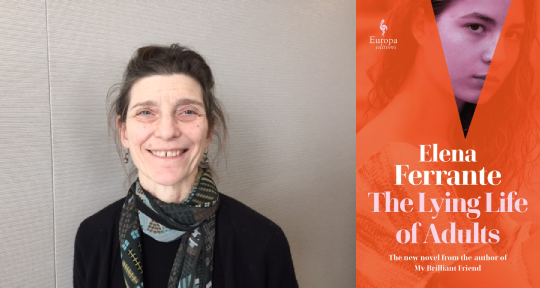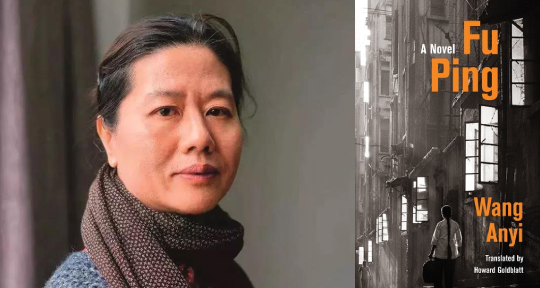One man’s quest for “black gold” arouses a village’s hopes and dreams in Héctor Tizón’s short story “Petroleum,” this week’s Translation Tuesday selection. Set in a poor rural village, its flawed protagonist Nicolas leads his community’s search for oil, promising everyone a fast path to a better life. Our narrator is a subtle voice among a colorful cast of characters, and offers an interesting approach to satirizing Nicolas’s quixotic mission: he both adopts the point of view of a “fly on the wall” and actively participates in the town’s naïve aspirations. Nicolas’s unwavering hope and determination lead to a painful truth about his story: under the seemingly mocking veneer of comedy, “Petroleum” hides a heart of tragedy. A poignant (and funny) tale about class, wealth, and the nature of belief in the face of reality.
A long shriek, a holler. It could be heard loud and clear from the viaduct to the municipal garbage dump and even further, interrupting the peaceful siestas throughout the shacks. We had been trying to catch cichlids since noon, carefully lifting the stones on the shore after clouding the water, and we heard it too. We listened closely and then heard it again:
“Hey! Julian, Segundo, Gertrudis, Gabino, Doña Trinidad! Come! Everybody come!”
We tried to figure out where the shouting was coming from and caught on right away. Nicolas was waving his arms and started yelling again, from the immense crown of a willow tree.
“Petroleum!” he shouted, “It’s petroleum!”
I really think that even though I’d heard the word at some point, I didn’t actually know what it meant. That’s probably why, despite all the shouting, Mouse and I didn’t pay much attention to it. For the time being, we were busy with the cichlids. Someone had offered to buy them at two for fifteen cents, and anyways, we liked putting our feet in the water. It was super. I think Mouse, or maybe it was me, I don’t really remember, said:
“Nicolas has lost it again.”
We shrugged our shoulders. The water was great and if we could catch about twenty more cichlids we’d have enough to buy something: the Boca Juniors jersey Mouse wanted and that donkey mask I liked. The one I had seen was a nice big mask with long soft ears and I think it even came with a whistle for Carnival.
And so we kept trying to catch as many cichlids as possible, downstream by the shoreline.
Every now and then a train raced by and we could feel the vibration of its motor and hear its piercing sound. Sometimes we didn’t even lift our heads to look, but when we did, we raised our hands to wave at the distant passengers who were staring out the windows. They seemed sad or distracted.
“Raul,” Mouse said to me from close by. “You know what petroleum is?”
I can’t deny that I regretted not knowing anything about petroleum. But I said:
“Yep.”
“Is it what they put in the engines?” he asked again.
“Yep.”
“What’s it do?”
“Who knows,” I said.
The sun had gone down a while ago. The water was cloudy and we could barely make out our own hands. READ MORE…
